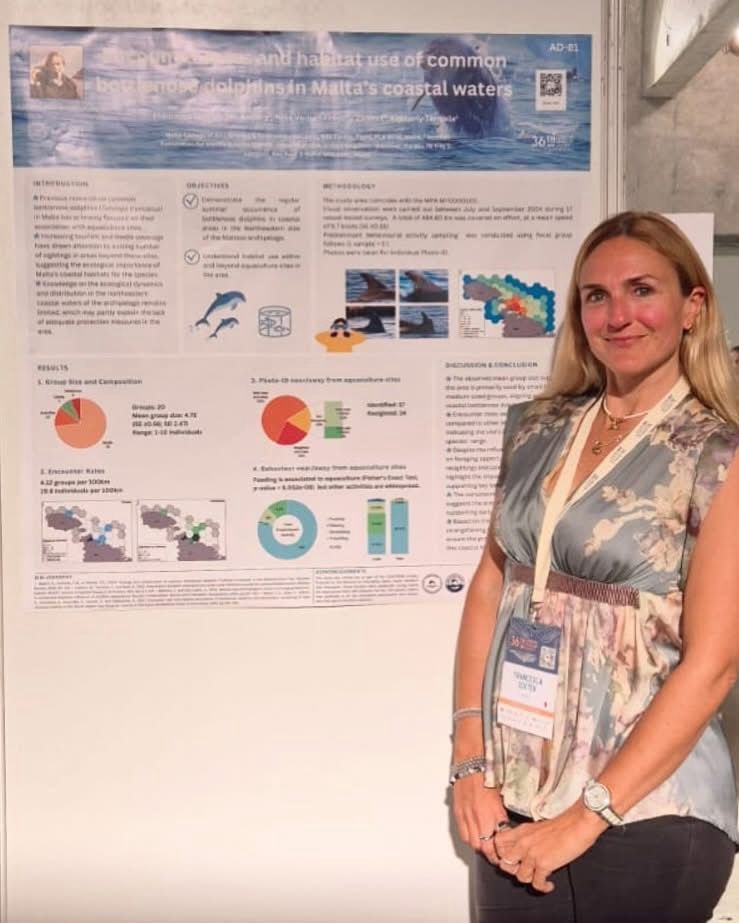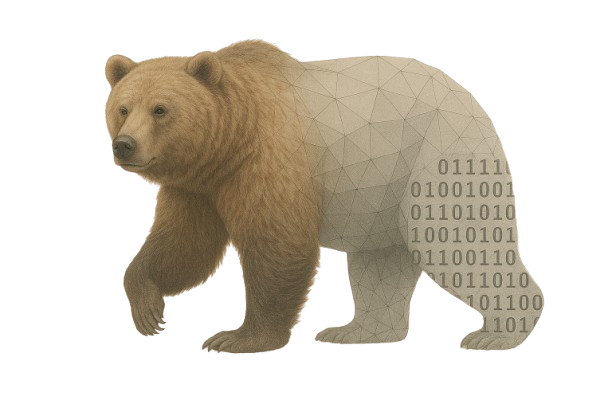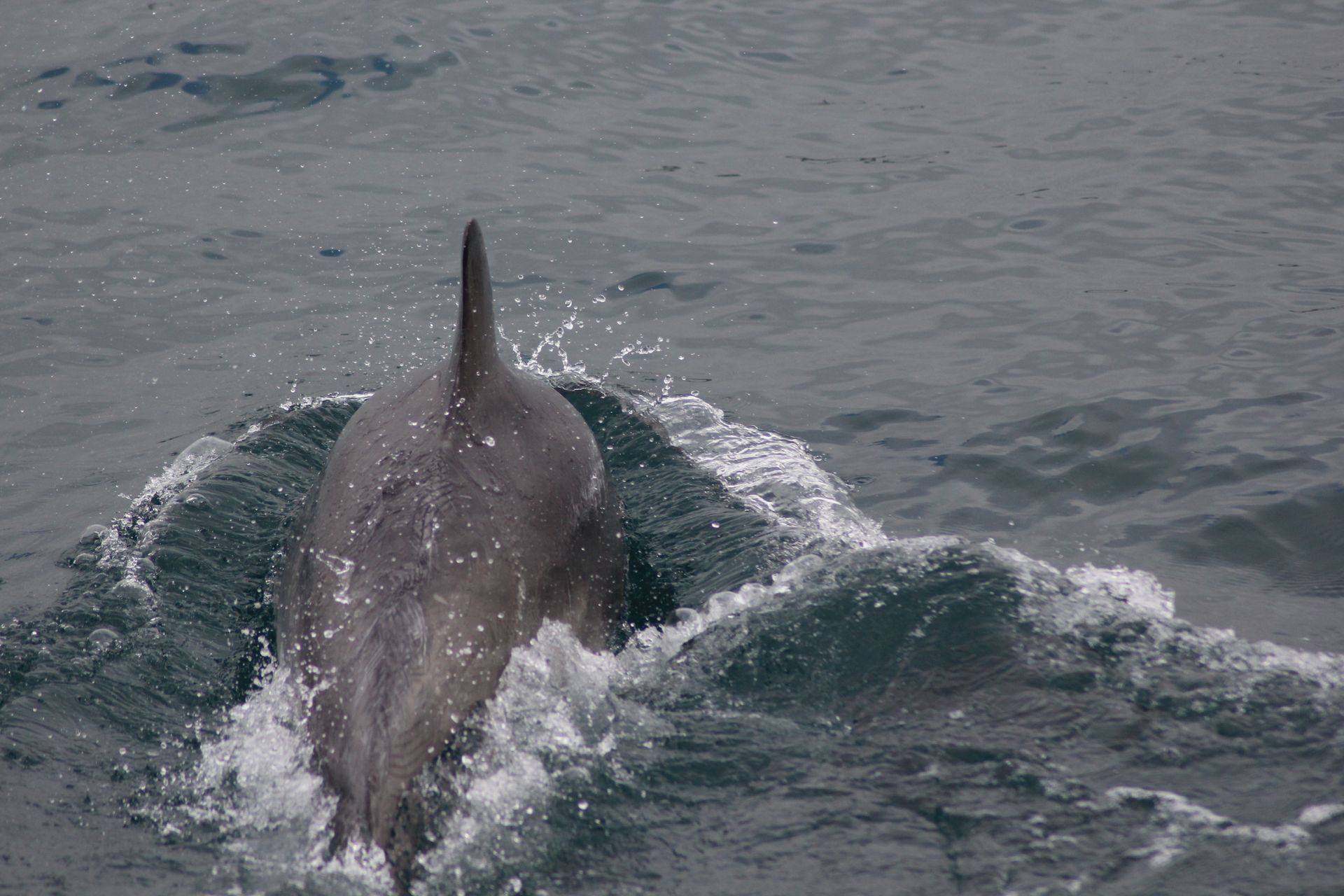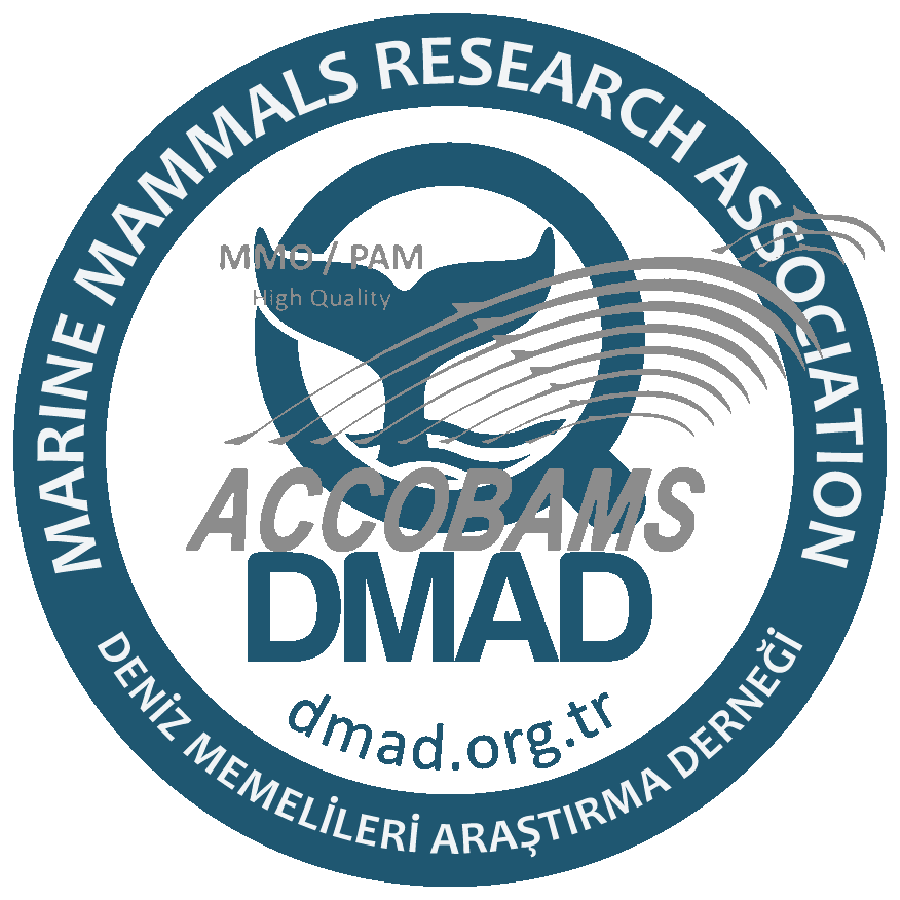A Message of Hope in Uncertain Times
"This should have been the worse few weeks of my life"
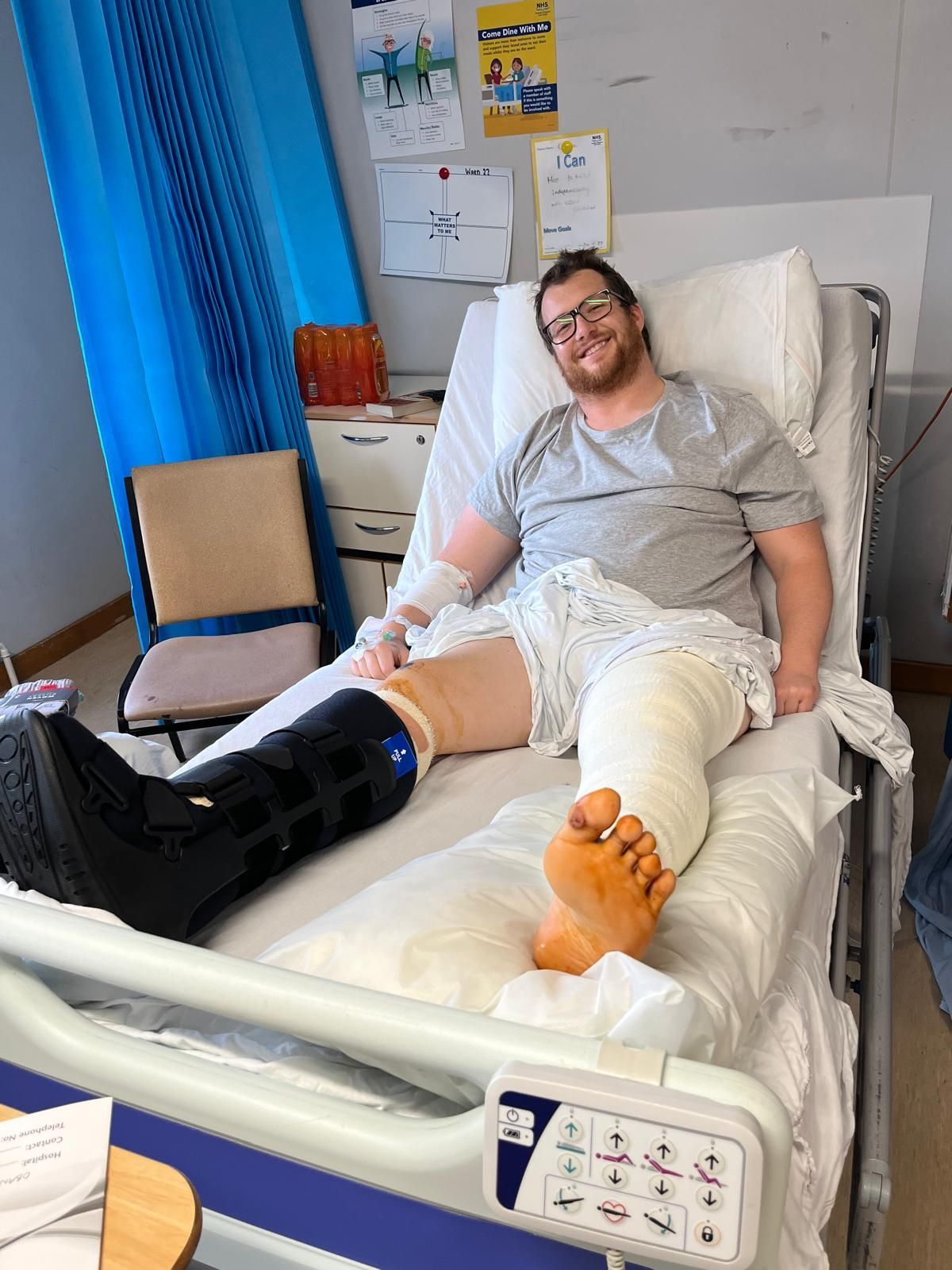
Life is full of uncertainty at the moment, with colleagues being made redundant, provocative decisions being made by politicians and a seemingly endless list of spiralling conflicts around the globe.
During this time, it is easy to become depressed at the state of the world and to allow yourself to develop a belief that the world is full of evil, manipulative people and that every person is isolated. I am often guilty of this myself, choosing to hide away and ignore the news, throwing myself into my work and hobbies, and focusing only on myself and those that are closest to me.
However, I would (uncharacteristically) like to share a little perspective from my recent personal life that has given me a slightly different view. It has not been an easy thing to write, but it is an important thing to share. I would urge you to make yourself a cup of tea or coffee, or even get a beer or a glass of wine and see how I have been forced to see things a little differently recently.
###
On the 26th of April, I was playing rugby for Oban Lorne RFC, as I did most Saturdays, a game that I’ve played on and off since I was 7 or 8 years old. We were losing slightly but it was a competitive game and Oban were putting up a good fight. About 60 minutes into the game, everything changed and for a while time seemed to stand still.
I had the ball in my hands and when the pass wasn’t an option, I turned to take the ball into contact, just like any other day. This time though it just wasn’t my day, and as I turned my studs got caught in the ground which was uncharacteristically dry for the time of year, an opposition player tackled me and my leg couldn’t move, 110 kilograms was hitting 110 kilograms and something had to give. Unfortunately, in this case, the things to give were my right leg which broke and my ankle which dislocated quite severely, damaging the ligaments extensively. A split second later, I was hit by a second player from the other side, and being stuck in place, this time my left knee dislocated, and my patella tendon fully ruptured.
I knew that I was in pain but only realised how bad it was when an opposition player tried to stop the game and used his own body to shield me to prevent any further damage. In a strange set of events, the majority of the players carried on the game not realising that anything was wrong, whilst others stopped to bring on the coaches and the physios (from both teams) and to fetch equipment to splint my legs.
It's funny how life stops in that moment, and all of the concerns you had before no longer seem so important, getting my PhD would wait, other work could wait, and finances and the future would sort themselves out eventually, only focusing on the immediate next step.
The next few days were a blur of adrenaline, pain, drugs and lack of sleep.
I remember concerned faces of family and friends looking down on the stretcher, being rushed to hospital in the bed of a virtual stranger’s pickup truck because no ambulance was available, the tail down to fit the stretcher in, only being held from sliding onto the road by my paramedic brother and his wife…
A sea of medical staff, each commenting on how serious the problems would have been on one leg, let alone both. I remember being told that the injuries were too serious for Oban Hospital and the following windy two-hour drive to Paisley Hospital lying strapped to another stretcher, where I could be seen by specialists and waiting in half-consciousness for 7 hours in A and E to be admitted to a ward, my brother beside me the entire time…
The news that I would be immobile for many months and would have to teach my legs how to walk again…
Countless x-rays and scans, waiting for surgery, only for it to be cancelled again, my parents arriving, faces trying not to show me how concerned they were. A stream of painkillers, and injections to avoid DVT…
Finally, the surgery. Waking up in a room full of groggy people, not knowing if it had gone well, a new set of casts…
Four days of medical alarms, avoiding food because I didn’t want to defecate in a bed pan, the sad sound of confused dementia patients, shouting out in the night not knowing why they were in hospital, before a midnight ambulance transfer back to Oban Hospital where I stayed for another few weeks.
###
This should have been the worse few weeks of my life, a pit of misery and hopelessness. I should have been furious at the world and at fate, this was the end of playing a game that I loved, something I was never all too good at but that I enjoyed and that was a core piece of who I am. I was missing an important work conference and subsequent holiday in the Azores. I should have been questioning “why me?”, after all this was the worst set of injuries I’d ever seen in the 20 years of playing.
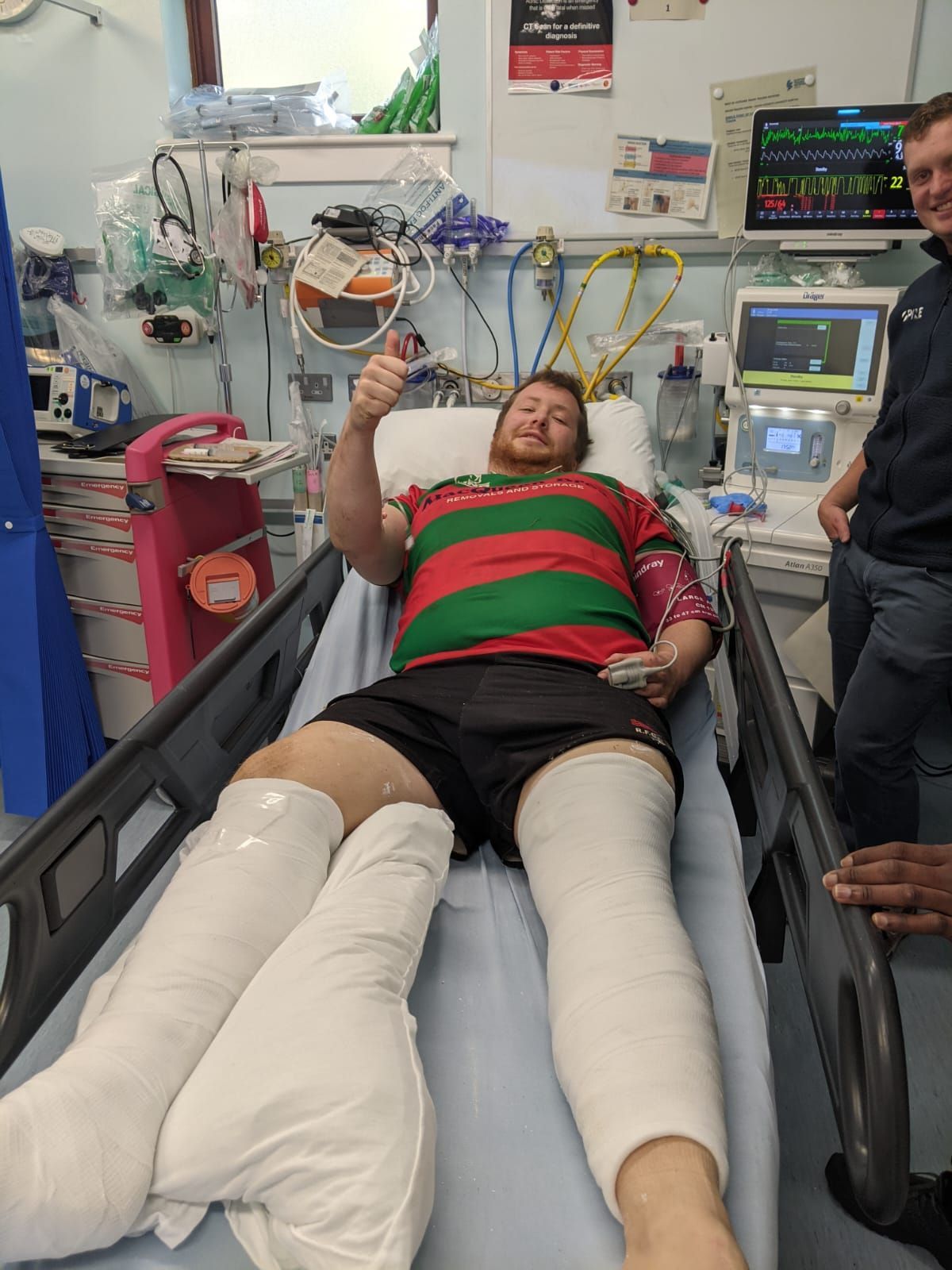
It wasn’t the worst few weeks of my life; I wasn’t angry at the world. It gave me a chance to stop, to step back a little bit and to watch what was going on around me. I won’t pretend that there weren’t times where I was scared, where the pain seemed unbearable, times where I wanted to just be home in my own bed but on the whole, it was bearable and I even enjoyed small chunks of it. The reason being entirely down to one thing and one thing only.
People. The endless good nature of people.
I’m forever grateful for my fiancée, my family and my closest friends, who stepped up as I had never needed before but as I had always hoped they would. I couldn’t have asked for a better family or more loyal friends for whom I’m eternally grateful. I’m also grateful to my colleagues and supervisors who I won’t embarrass here, but who have repeatedly gone above and beyond.
What really blew me away is the kindness of complete strangers and I am giving a short list of what I remember 10 weeks on, but it is not even a fraction of the amazing generosity that I have been shown (if you don’t have much time, read the one’s in bold):
· It was an opposition player that shielded my body from further injury
· The opposition physio helped splint my leg
· The unknown player or coach that held my hand while they did it, not being embarrassed to do so at all, just knowing that I needed it in that moment while they manipulated my broken ankle.
· A player from the women’s team that I don’t know all that well gave her keys to another stranger to drive me to hospital
· The incredibly important consultant who made me a cup of tea and chatted to me about the upcoming Rugby Premiership Final that we both had tickets to, doing me the kindness of not letting me know quite yet that I would be in no state to travel then.
· The paramedics who made me as comfortable as possible and chatted to me for the full two-hour journey, waiting with me in the A and E queue, never grumbling despite knowing their shift would finish 3 or 4 hours late
· The obviously exhausted head nurse (not sure of the correct terminology) who cheerfully admitted me on to her ward despite coming towards the end of a tiring night shift, making me feel welcome and as comfortable as I could be.
· Every member of medical staff at Paisley Hospital who took their time to explain things to put my mind at ease at every stage.
· The comforting smiles and chats with the other patients and the people that came to visit them, having no connection to me yet trying to improve my day.
· The delicate driving skills of the huge hospital porters, doing everything they could to make my journey from the ward to scans/x-rays/operations as comfortable as possible.
· The rush of the entire ward staff to get me ready to leave for Oban when a bed came free at 10pm, and the kindness of the ambulance crew who took me in.
· Yet another exhausted nurse working the night shift who admitted me to Oban at 2am, offering me to go down to the hospital kitchen to see if there was anything she could find.
· A bit of a grim one, but the number of amazing staff who wiped my arse, changed my pants, washed my naked body and swapped my urine bottles without hesitation, joking about the situation as they did it to make me feel less self-conscious and less aware of the loss of basic human function.
· The visitors of other patients who offered to get me coffees and other thing from town, refusing any payment.
· My new neighbours who I had only spoken to twice who came to visit me in hospital and gave me their number so they could help Laura.
· The nightshift nurse who knew I was woken by my pain at 5am each morning and so would bring me a cup of tea at this point to distract me.
· The nurse who (gently) slapped me over the back of the head like a second mother when I told the doctor that my pain wasn’t too bad because she knew that my rugby background programmed me not to show weakness and proceeded to chase the doctor down the corridor and drag him back in to re-discuss my pain medication.
· Colleagues who I’d only ever had a passing hello with, who contacted me with genuine offers of help,
· The ambulance crew who stayed on a return trip to Paisley Hospital, knowing every minute later was a minute later that they’d finish their shift, so that I could get back to Oban and not have to spend more time in a second hospital.
· The players from my team who visited me in hospital, those who went into my house to measure up for my new adaptive equipment.
· The constant streams of messages, cards, visits and presents of people that I never expected to see.
· The nurse who showed me a ‘secret’ corridor that I could take my wheelchair up and down when I was going stir-crazy.
· Everybody who rushed about the hospital and further afield to make sure I could go home to my own house.
· The round of applause down the corridor, complete with hugs and handshakes as I was finally wheeled out of the hospital, two hours later.
· The two ambulance crew, who had finished late earlier in the week in Paisley, who finished late again to get me home and carried my 110kg frame in a wheelchair down my steep steps to home and the beginning of the next chapter of recovery.
This is just an extract of things from the three weeks that I was actually in hospital. It is certainly only a fraction of the generosity I was shown, and it does not to mention the kindness that followed and is still ongoing from medical staff, work colleagues, friends, families and neighbours.
Not being able to move, with painkillers that stop you from reading, gives you a lot of time to think… when you’re not hallucinating. This picture that I was seeing every day didn’t match up with my slowly warping, negatively spiralling view of the world. The people I was observing ever day shouldn’t have been helping me in the way they were: surely, they should be doing the minimum they could get away with for the pay, and what was the motive of people who weren’t even being paid. Reputation? A feeling of superiority? None of it made sense.
And slowly it dawned on me that what we’re seeing on the news, the hatred we see on social media, is not representative of people in the world. It may be representative of some people but, as a scientist, actually this could only be a small scientifically non-significant percentage of people, given the thousands of people I had observed over the last few weeks.
Since then, I’ve taken more time to stop (something I struggle with even more now that I’m constantly trying to recover and get back up to speed with life and work). Every time I’ve stopped, I’ve noticed the small things,
…smiles between strangers…
…people holding doors open…
…drivers waiting for pedestrians to cross the road in the rain…
This just can’t be the case if people are inherently evil, logically it makes no sense. What I’m trying to say in a very long-winded way is that for the first time in a while, I’m genuinely hopeful for humanity and if you take the time to stop and watch people, then I believe you, too, can regain that hope.
Thanks for reading.
